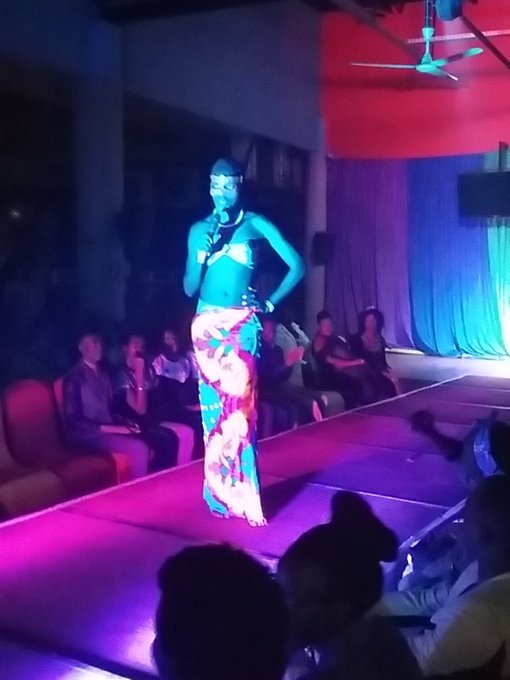As most parents of trans men would say, "I'm losing my little girl." The unfortunate thing is that these men that are transitioning were never really "girls" to begin with. The thing that these mothers are learning to grasp are that these men weren't really girls to begin with. Trans men are, simply, born into the wrong body. Meaning: they have to work to be the men they were destined to be, so even when they were born with breasts and vaginas, those bodily organs do not make them any less than a man.
Trans men, though still men, have to work harder to look and be perceived as men. They bind their chests to have a more masculine chest, and buy packers to have a bulge in their pants, all to be perceived as a man. With time, and money, they start Testosterone injections to grow facial hair and a more masculine build. After two years of Testosterone injections and gender therapy to ensure that they really want to be a gender other than their own, they obtain a letter saying that they have a diagnosis of Gender Identity Disorder. This letter allows them to begin physically transitioning from female to male.
The physical transitions starts with a voluntary double mastectomy. In having this surgery, the surgeon removes breast tissue. Depending on the size of the breasts, the surgeon will also do a nipple graph. Meaning: the surgeon with reduce the size of the nipple and graph it onto a more masculine area of the chest to appear more like a male's chest. In doing this surgery, there are scars under each, now, pectorals, but to a Trans*Man, it is worth it because now they can feel themselves, without the need to wear a chest binder. They, now, feel a new found acceptance of themselves, an acceptance they didn't have before.
The whole reason of top surgery is to make the outside of the body reflect the want of the feelings on the inside. This means that trans men have this knowledge of what they want to look like on the outside, but they have to work for it through surgery, hormone replacement therapy, and acceptance of the people around them. No trans man wants to go through their transition alone. They want loved ones, family and friends, to be there when they wake up from surgery or when they get their first injection of testosterone or when they get their first chest or facial hair.
The problem with transitioning is most people don't have an understanding of what is going on, or to others what is "wrong" with them. The whole reason why most people have those perceptions are that society does not feel the need to be educated about the trans community. People in and out of the LGBT community do not know enough about the last letter of LGBT, Transgender. The problem does not lie within the transgender individual, it lies within the interpretations of the bodies of the individual. If a transgender individual says they want to do these things to their body, it is because they want to be perceived as who they feel they were meant to be.
Society asks transgender people why they want to transition into a gender other than their own. Most would respond with "I want to be who I was meant to be." Meaning: they were not born into the wrong body, they were born into a life that their parents wanted them to be. Their parents have this interpretation of who they want their child to be from the moment they learn the child's assigned sex at birth. They think about the relationships the child will have, the schooling they want to pursue, or the youthful clothes and toys they will play with, all based on a sex that they assume their gender will fall into.
It is not the fault of the parents, nor the child. They were simply not informed about the different aspects of a child's views on themselves and others. There are four different expressions and identities a child and parent are entitled to; assigned sex at birth, gender identity, gender expression, and sexual orientation. Assigned sex at birth is, simply, the sex you were given when you come out of the womb; female or male. Gender identity is the way a person wants to be, regardless of the sex they were assigned at birth; boy, girl, and anything in between. Gender expression is the way you want the world to see you as; the way you feel inside and how you want to express that to the world. Sexual orientation is who a person is attracted to; female, male, no one, everyone, and everything in between.
Everyone is entitled to these views of themselves, but not everyone is raised to be accepting of themselves and others. The way someone was brought up has a lot to do with the views they have on the world. If a person was raised to hate the LGBT community, they were, most likely, not raised to be accepting of others very well. Meaning: people act the way they were raised until they are taught something different. Life is a teaching process, no one knows the things they are going to learn day to day.
The views that society has on the transgender community are not going to change overnight. However, everyday is an opportunity to take a step towards a new beginning. That new beginning is accepting the people that most people are unaware of. Accepting the people that need to be seen the most. The people that are homeless because of the unacceptance, because of the oppression that society does not want to deal with.


